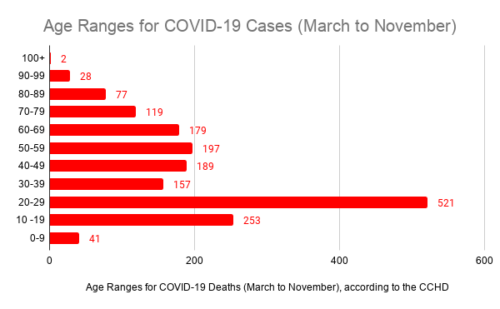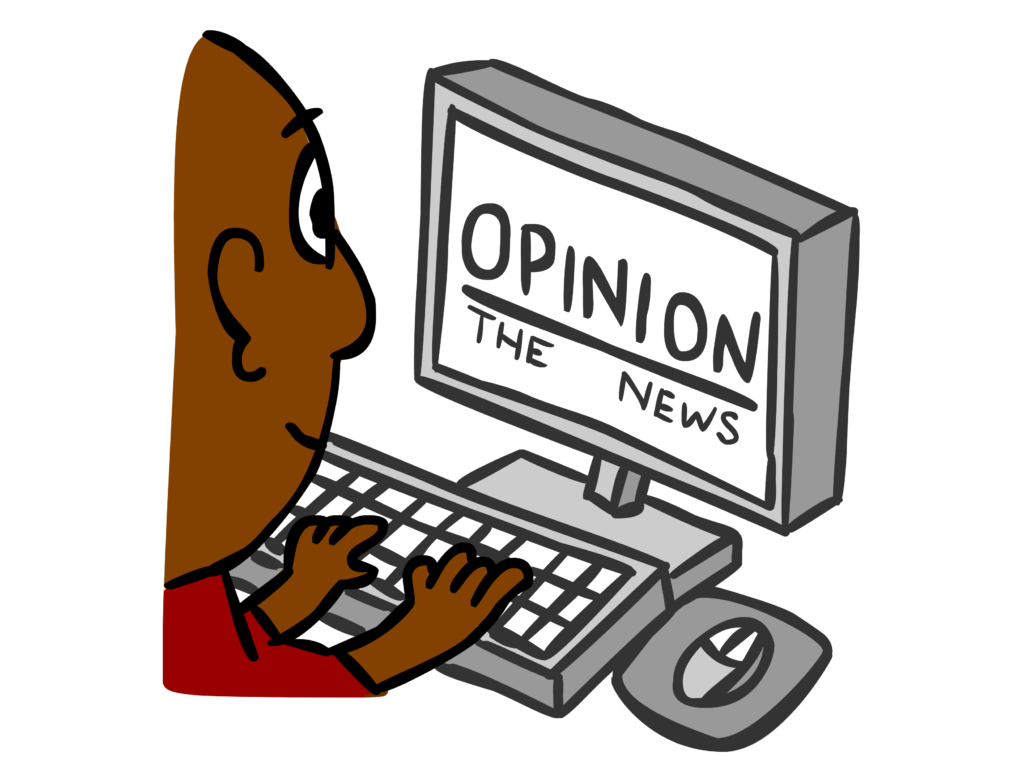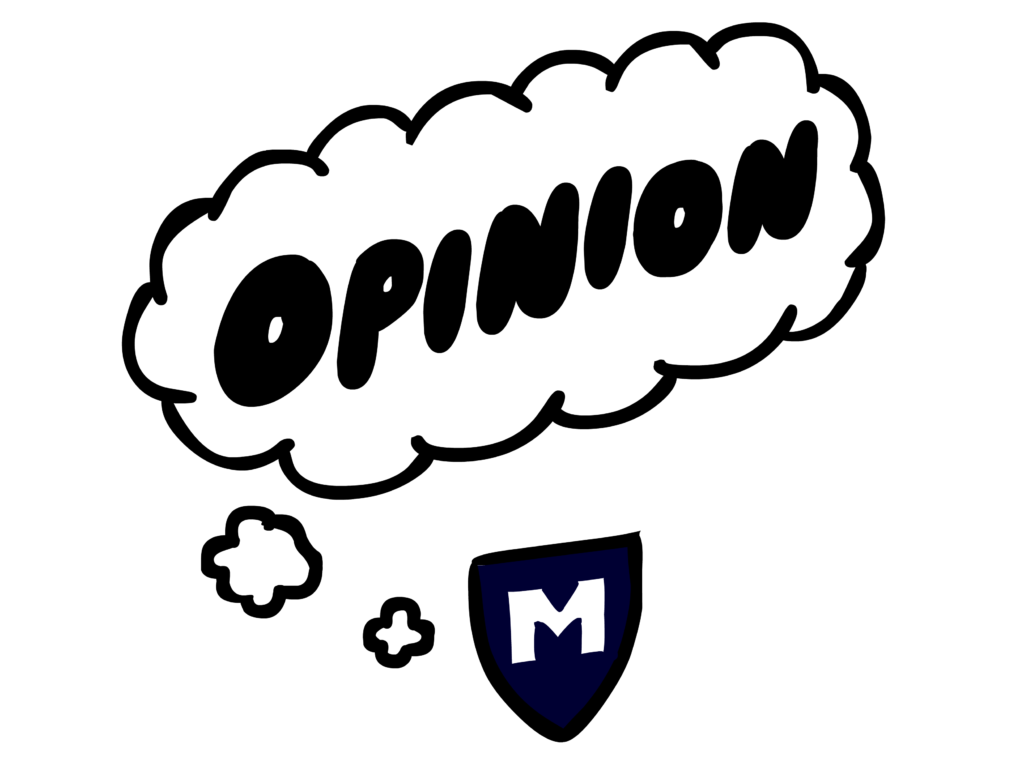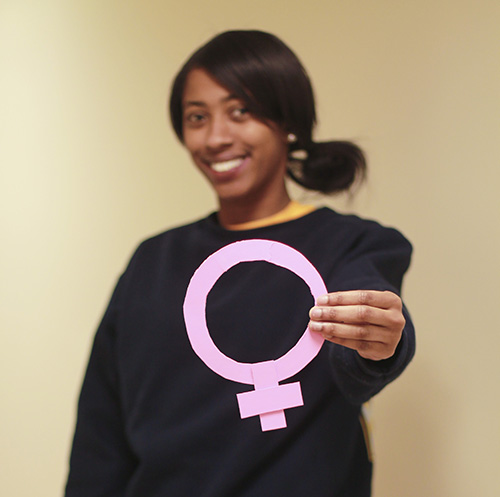
Before the 19th Amendment, women had little influence in political or societal debate. Some women and men feel the right to vote was only the beginning of a larger revolution in women’s rights. Society often tags a name onto this topic: feminism.
Some argue that feminism means different things to different people and some scholars even argue that the prevalence of the feminism discussion is changing and adapting.
Alexandra Hendley, assistant professor of sociology, said notable sociologist Jo Reger argues that feminism is still existent but looks different than it did during the 1960s, when feminism was visible movement.
Hendley said there are large corporations incorporating somewhat feminist messages into their ad campaigns as well as celebrities openly stating their beliefs on the discussion.
Some examples Hendley mentioned are the Dove Real Beauty Campaign and Beyonce and Taylor Swift “coming out” as feminists.
On the opposite end of the spectrum, celebrities have openly claimed they are not feminists. “I am not a feminist, but I do believe in the strength of women,” Katy Perry said.
Country music singer Carrie Underwood is open about her beliefs.
“I wouldn’t go so far as to say I am a feminist – that can come off as a negative connotation,” she said. “But I am a strong female.”
Hendley said consequently there are people who accept feminist beliefs, but who don’t identify and who aren’t involved in any sort of activism.
“Many of the things that earlier feminists fought for are now sort of taken for granted,” Hendley said. “As a result, some people believe that feminism is dead or that we don’t have a need for it anymore.”
Abigail French, director of the Women’s Center, has seen a similar movement in the feminist discussion.
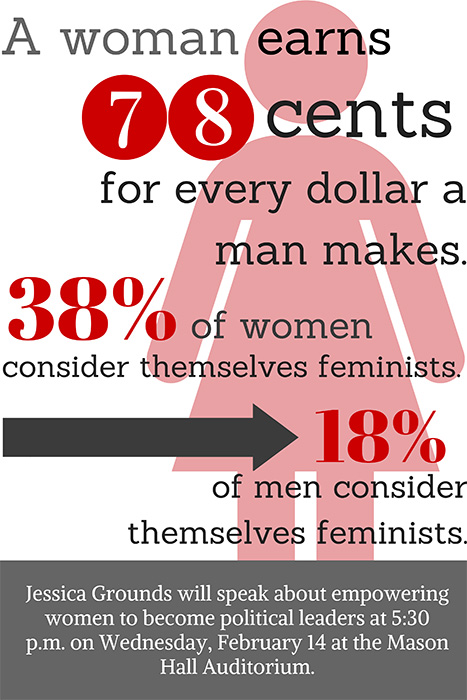
Data courtesy of The Washington Times
French said most women do not label themselves as feminist or consciously engage in feminist behavior; however, that does not mean they do not think, say and do things that promote feminist ideas.
Feminism is not confined to women. There are men who are open about their feminist beliefs, as well. Hendley noted Michael Kimmel and Michael Messner as two notable feminist sociologists.
Messner recently co-wrote a book based on life history interviews with anti-violence activists, and explored the experiences of men who are engaged as feminist allies.
College students do not necessarily subscribe to a label even if they are passionate about relevant issues.
This may be one of the reasons that most college students do not actively label themselves as feminist or identify with a feminist movement.
However, French said, they may identify with an issue or cause that is sometimes tied to feminism.
“For example, many college students have a renewed sense of urgency when it comes to addressing gender-based violence as a result of the national attention that this issue has received,” French said. “Their passion in addressing this issue does not necessarily translate to their identification as a feminist, even though gender-based violence is a significant threat in the feminist movement.”
This argument and others may be tied back to feminism having different meanings for different people. French believes that while age and gender play an important role, other things like education level, geographical location and personal experience may also have an effect on feminist prevalence.
Age as a determining factor can be analyzed in a way Hendley describes as “generational divides.”
As movements and trends constantly change, feminist movements seem to catch attention. French said there is a growing conversation regarding the ‘women’s leadership gap.’
This term means there is an underrepresentation of women in leadership positions. Due to this discussion, the Women’s Center is sponsoring a series of events this spring as part of the High FIVE Initiative to bring attention to the women’s leadership gap.
Feminism has not yet been defined in a way acceptable to every person. Hendley describes the term as the belief in equal worth of men and women.
She believes it is a recognition that society has not fully achieved at this time and there is a need to work toward it.
“For me it goes beyond equal rights, because while we have made great gains over the last 50 years or so in that sense, a more pervasive belief system that privileges masculinity over femininity, men over women, still persists,” Hendley said. “These beliefs inform and shape the structure of institutions and also influence our interactions with one another.
Story by Tiffany Whitfill, Staff writer





























































































